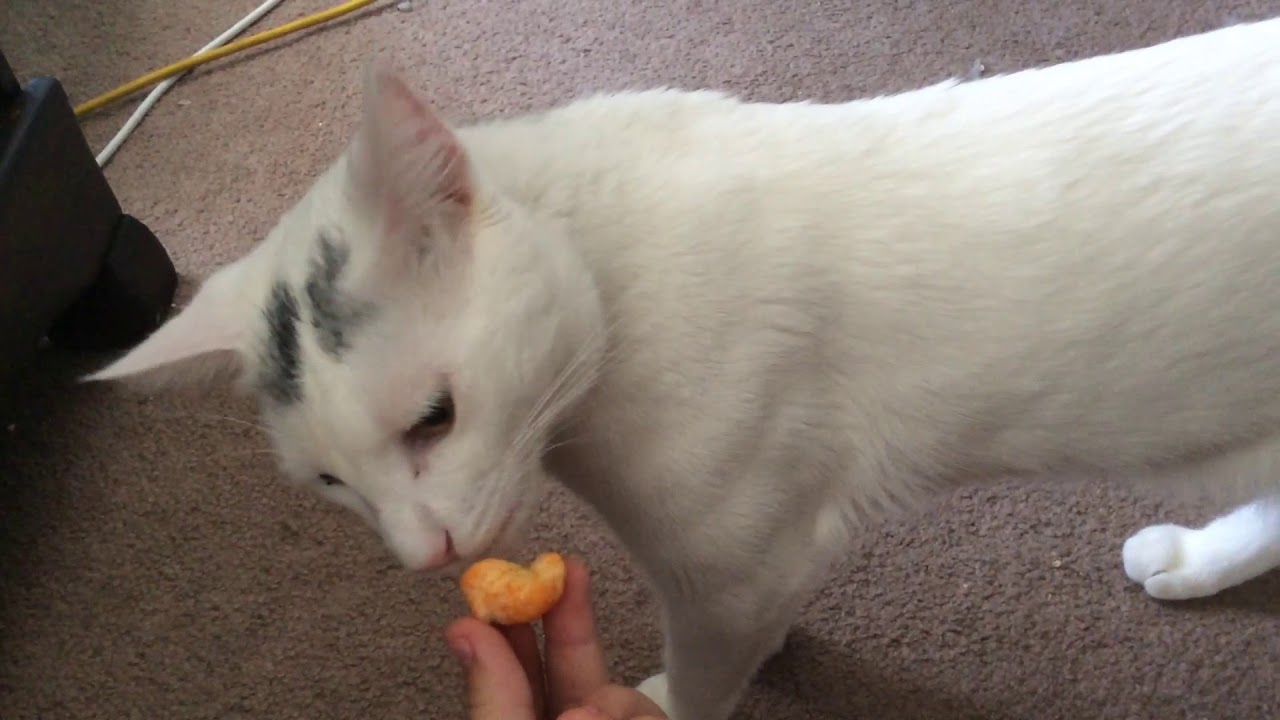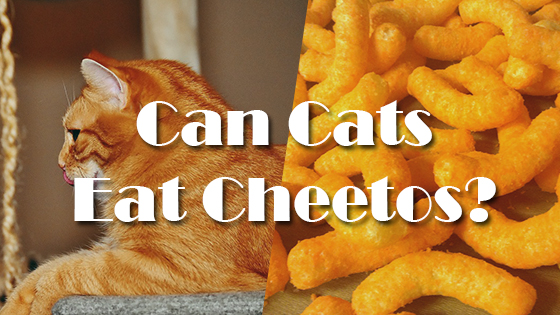Cats are known for their curious nature and their tendency to explore different types of food. As a cat owner, it’s important to be aware of what foods are safe for your feline friend to consume. One popular snack that often finds its way into our hands is cheese puffs. But can cats eat cheese puffs? In this article, we will delve into the feline diet and explore whether cheese puffs are a suitable treat for our furry companions.

Understanding the Feline Diet
Before we can determine whether cats can eat cheese puffs, it’s crucial to understand the dietary needs of our feline friends. Cats are obligate carnivores, which means their bodies are designed to thrive on a diet primarily consisting of meat. Their digestive systems are specifically adapted to process animal protein and derive essential nutrients from it.
The Risks of Cheese Puffs for Cats
Now that we have a better understanding of the feline diet, let’s examine the potential risks associated with feeding cheese puffs to cats. Cheese puffs are typically high in fat, sodium, and artificial additives. These ingredients can be harmful to cats and may lead to various health issues.
1. Digestive Problems
Cats have sensitive digestive systems, and consuming high-fat foods like cheese puffs can cause gastrointestinal distress. It may lead to symptoms such as vomiting, diarrhea, and abdominal discomfort.
2. Obesity
Cheese puffs are calorie-dense snacks that can contribute to weight gain in cats. Obesity in cats can lead to a range of health problems, including diabetes, joint issues, and heart disease.
3. Sodium Intake
Cats have a low tolerance for sodium, and excessive consumption can put a strain on their kidneys. Cheese puffs are often loaded with salt, which can lead to dehydration and kidney problems in cats.
Alternatives to Cheese Puffs
While cheese puffs may not be suitable for cats, there are plenty of alternative treats that you can offer your feline companion. Here are some healthier options:
1. Cat-Specific Treats
There are numerous cat-specific treats available in the market that are formulated to meet the nutritional needs of cats. These treats are often low in fat and contain ingredients that are safe for feline consumption.
2. Cooked Meat
Since cats are obligate carnivores, cooked meat can be a great treat for them. Make sure to remove any bones, seasoning, or spices before offering it to your cat. Stick to lean meats like chicken or turkey.
3. Catnip
Catnip is a herb that many cats enjoy. It can be used as a treat or sprinkled on toys to provide mental stimulation and entertainment for your feline friend.
Conclusion
In conclusion, it is not recommended to feed cheese puffs to cats. These snacks are high in fat, sodium, and artificial additives, which can be harmful to their health. As responsible cat owners, it’s important to prioritize their dietary needs and provide them with appropriate and safe treats. Opt for cat-specific treats or offer cooked meat as an alternative. Remember to consult with your veterinarian if you have any concerns about your cat’s diet.
FAQs
-
Can cats eat cheese puffs in small quantities?
It is still not advisable to feed cats cheese puffs, even in small quantities. The high fat and sodium content can lead to digestive problems and other health issues. -
Are there any cheese snacks that are safe for cats?
While cheese puffs are not recommended, some cats can tolerate small amounts of plain cheese. However, it should be given sparingly as a treat and not as a regular part of their diet. -
What should I do if my cat accidentally eats cheese puffs?
If your cat accidentally consumes cheese puffs, monitor them closely for any signs of discomfort or digestive issues. If symptoms persist or worsen, it is best to consult with your veterinarian. -
Can cheese puffs cause allergies in cats?
Cats can develop allergies to certain ingredients found in cheese puffs, such as artificial additives or dairy products. It is important to observe your cat for any signs of allergic reactions and avoid feeding them such snacks. -
Are there any other human snacks that cats should avoid?
Yes, there are several human snacks that are not suitable for cats. Some examples include chocolate, onions, garlic, and caffeine. It’s best to research and consult with your veterinarian before offering any human food to your cat.

